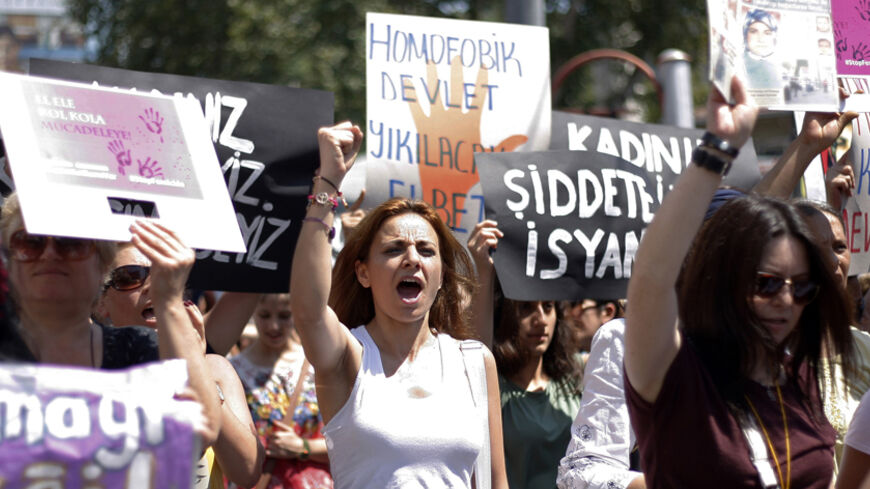In a TV studio in Istanbul, an awkward yet telling moment unfolded for the cameras. During a show similar to America's "The Bachelor," a new bachelor was introduced: Sefer Calinak.
Before 2000, Calinak was convicted of murdering his two previous wives. He served 4½ years for his first murder and six years for the second. Calinak was in search of a new spouse.



